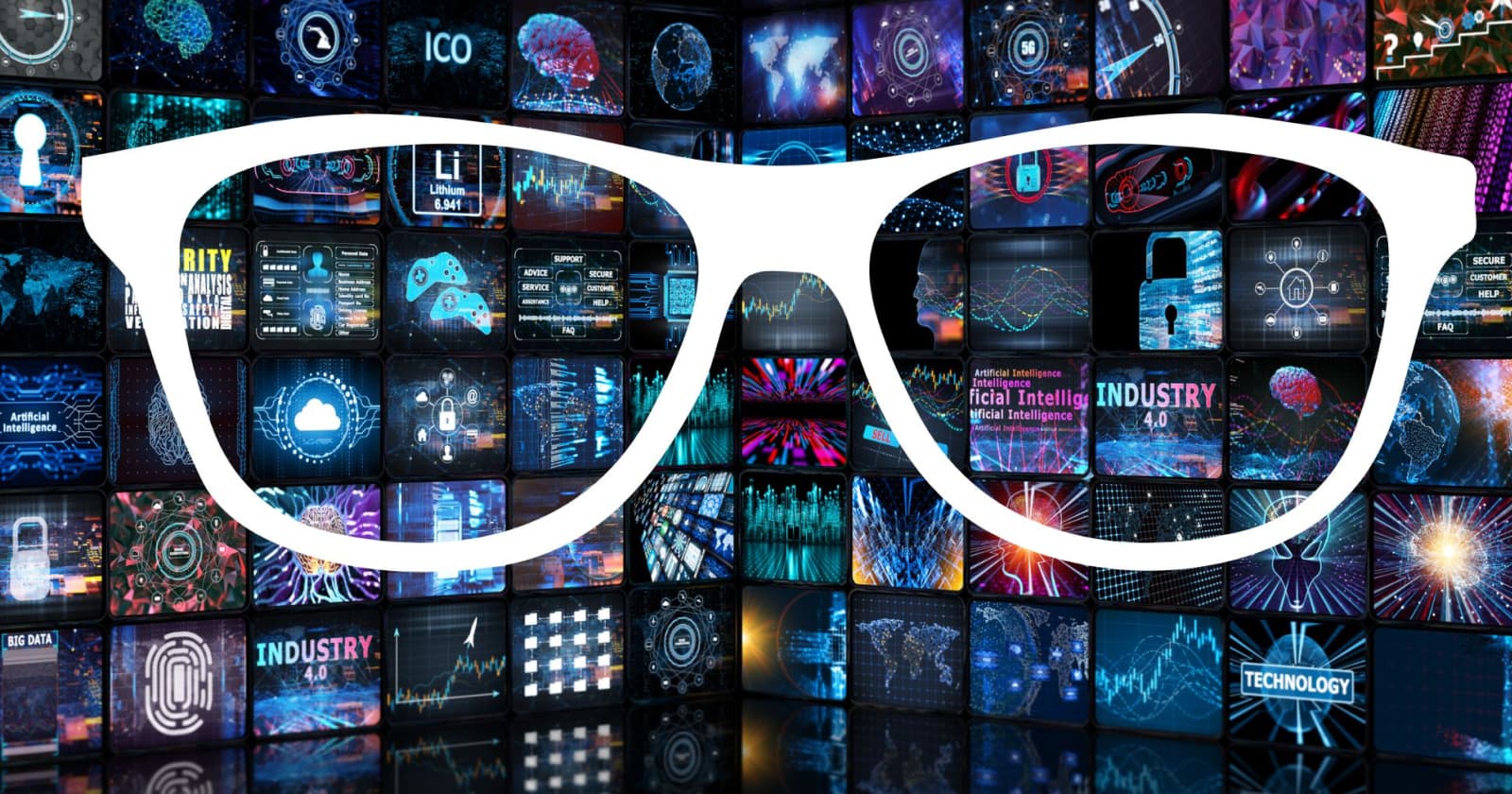Blue light glasses. My experience
February 25, 2024 • 4 min read
Hello everyone! My name is Alex Cloudstar
Today I want to tell you about one of the lessons I learned during my career as a software engineer. Health is above all else, which is why I try to maintain it as much as possible, while also maintaining my health. Staring at the screen for so many hours a day, in blue light, can have some unpleasant effects. This is what I will discuss at length today.
What’s the problem doc?
Blue light is a high-energy, short-wavelength light emitted predominantly by screens of electronic devices such as computers, smartphones, and tablets. While exposure to blue light during daylight hours can have beneficial effects on mood, attention, and cognitive function, prolonged exposure, especially during evening and nighttime hours, can disrupt the body's circadian rhythm, leading to sleep disturbances and potential long-term health issues. For software engineers, who spend significant hours in front of screens, this constant exposure to blue light can lead to eye strain, headaches, and fatigue, affecting their productivity and overall well-being. Moreover, disrupted sleep patterns caused by excessive blue light exposure can impair cognitive function and hinder problem-solving abilities, ultimately impacting the quality of their work.
How do they ACTUALLY work?
Blue light glasses for daytime are designed to selectively filter the wavelengths of blue light emitted by screens and modern lighting, ensuring that only normal levels of blue light reach the eyes. Rather than completely blocking blue light, which is necessary for the body, these glasses filter down the peak wavelength of damaging blue light, typically at 440-455nm, by around 50%. Our ScreenTime Computer Glasses, for instance, effectively filter blue light by 50% across the entire blue light spectrum (380nm-500nm), providing protection against the most harmful wavelengths. It's crucial to be discerning when choosing daytime computer glasses, as cheaper options may not effectively filter the peak wavelength of 455nm, thus potentially rendering them ineffective.
For nighttime use, blue light blocking glasses become essential as exposure to blue and green light disrupts the body's natural sleep cycle. These glasses are designed to block 100% of blue light and green light up to 550nm, mimicking natural conditions and promoting the production of melatonin, the hormone responsible for regulating sleep. Unlike simply tinted lenses, these glasses employ special pigments embedded in the lens to target harmful wavelengths. Our nocturnal red lenses, for example, block 100% of blue light and 100% of green light up to 550nm, ensuring optimal melatonin levels for deep and restful sleep. Research has shown that wearing blue light blocking glasses at night can significantly increase melatonin production, facilitating better sleep quality by suppressing delta brainwaves associated with sleep and boosting alpha wavelengths linked to alertness.
What do I use you may ask?
Even though this article is not sponsored in any way, I will honestly tell you what I use. My glasses are from Gunnar, Oakland Onyx Natural version. GUNNAR's patented lenses are designed to reduce exposure to blue light and UV rays emitted by electronic device screens, providing effective eye protection. The anti-reflective treatment applied to the lenses helps to improve the clarity of vision, while the rounded shape and fixed nasal bridge make the Oakland model suitable for different types of physiognomy, including those with a low nasal bridge. Choosing GUNNAR glasses can benefit both eye health and user comfort and performance while using electronic devices. They block blue light and 100% UV rays, which is also the recommended percentage for someone who spends so much time in front of a screen, like me.
Obviously, I recommend to anyone who is thinking of buying glasses of this kind to do more research on this topic. Each person is different and has different needs, which is why everything I have presented here, although it also contains a part of theory, is my perspective and my experience. Overall, I can say that I am satisfied with the glasses and that I would put them in the Nice to have category. They are not mandatory, they are clearly not for everyone, but it is worth at least trying, considering that they have a rather noble medical purpose.
